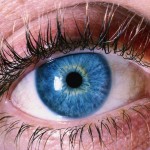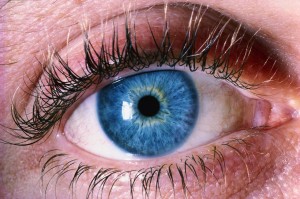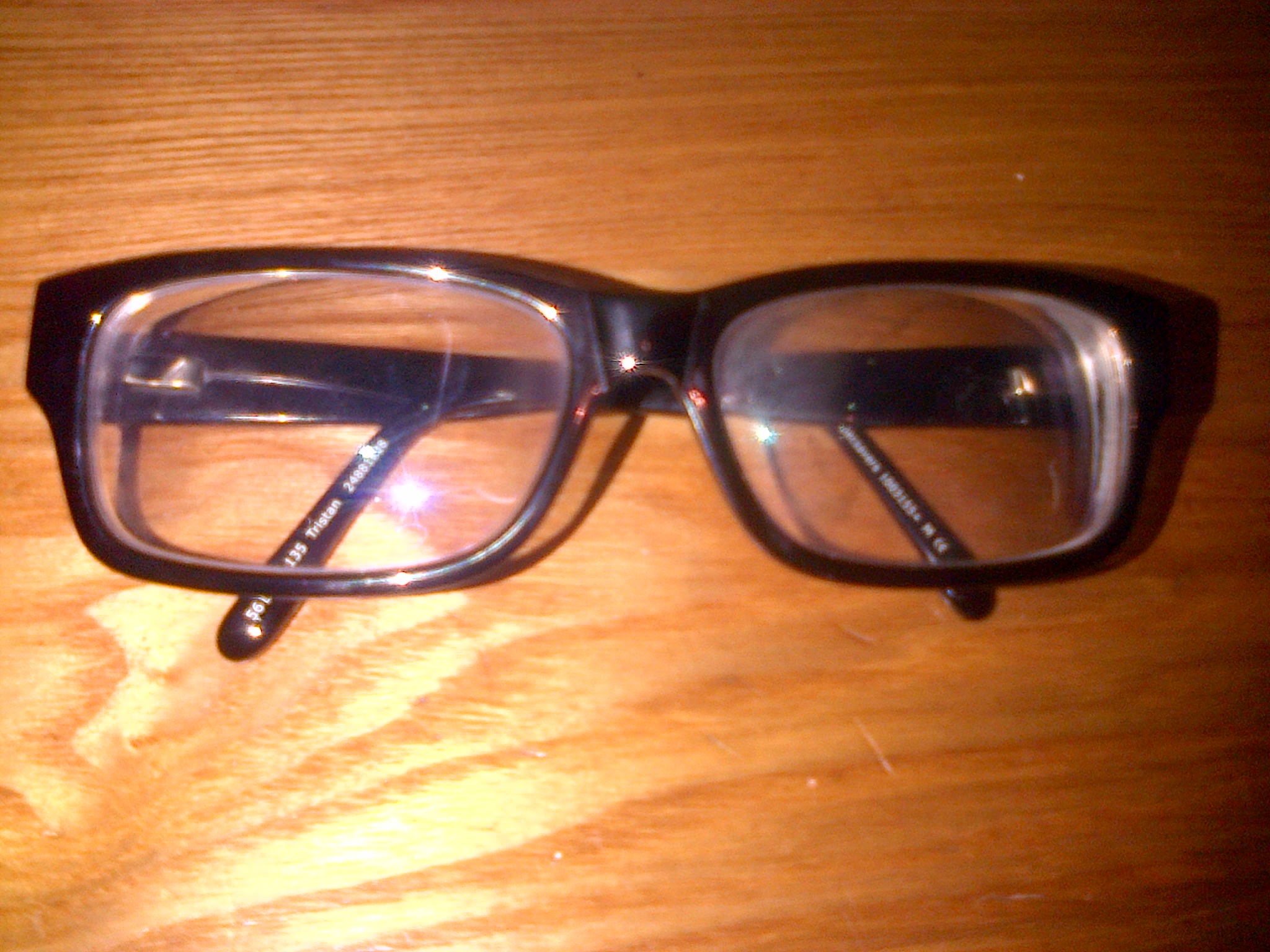
Optic Neuritis
A couple of weeks ago I found myself attending the eye departments of the local hospital with my daughter. While waiting for her to be seen by an optician I cast my eyes over a leaflet produced by Moorfields Eye Hospital on the subject of Cataracts. Moorfields is, apparently, the oldest and largest eye hospital in the world with a background in research and patient orientated services.
As readers of this blog may have noticed I am often critical of a lot of medical education provided to consumers both in the UK, the EU and North America so I was delighted when I read this little pamphlet. In my view it is one of the best examples of a concise and straight forward explanation of medical issues I have come across.
So I felt that this blog would be a great opportunity to share with our readers some of the key point in the booklet.
So what actually is a cataract? It “is the clouding….of the lens inside the eye. It causes gradual blurring of vision and often glare”.
A cataract means that the eye’s lens becomes cloudy which “prevents light rays from passing on to the retina”. The retina being the back of the eye. Therefore the picture that your retina gets is blurry. It is worth noting that cataracts form over a long period of time.
Typically cataracts are age related and using the eyes will not make them worse. Lots of people don’t know they have cataracts until they are told so by an optician.
It is worth noting that diabetes significantly increases the chance of cataracts.
So how is a cataract treated? When the cataract starts to cause problems with daily life the usual treatment is surgery. At present there is no known preventive measure for cataracts. Modern surgery has proven to be highly effective.
The most common type of cataract surgery is called phacoemulsification and does not involve an overnight stay in hospital. The procedure uses sound waves to first soften the lens which is flushed out using water. The back membrane is left behind while the lens is replaced by a new plastic one.
The operation is mainly performed under a local anaesthetic given by either eye drops or an injection.
One of the big pluses of the operation is that it helps clear up a number of other sight problems such as short sightedness. Most people afterwards will only need reading spectacles.
More information on Cataracts can be found at the Moorfields web site which can be reached at http://www.moorfields-private.co.uk/EyeConditionsTreatments/cataracts.
So over to you? Have you had a cataract operation? How did it go? Did you have any complications? Please use the comments box below to tell the story of you cataract surgery. It will be of great use to anyone who will have such surgery in the future.
Many thanks in advance.



